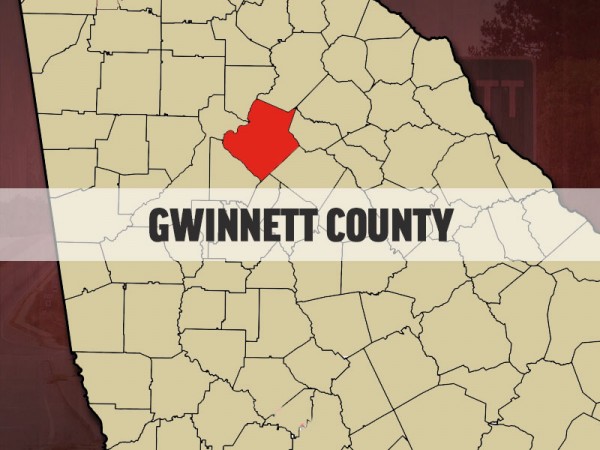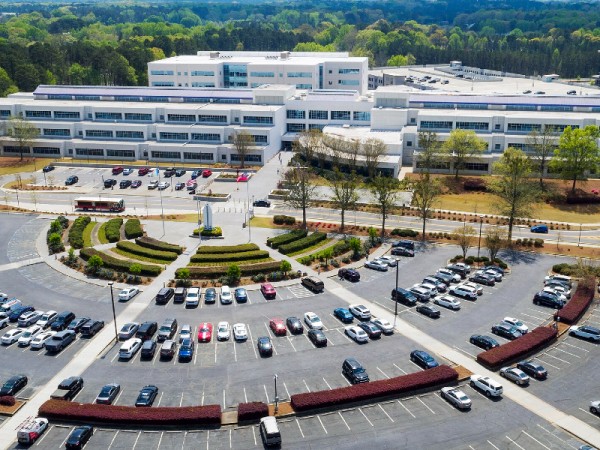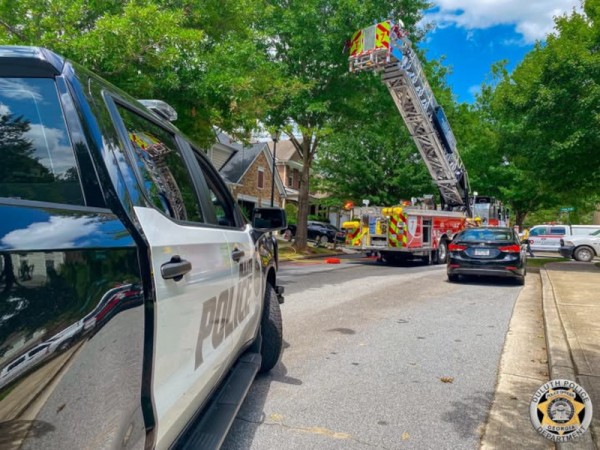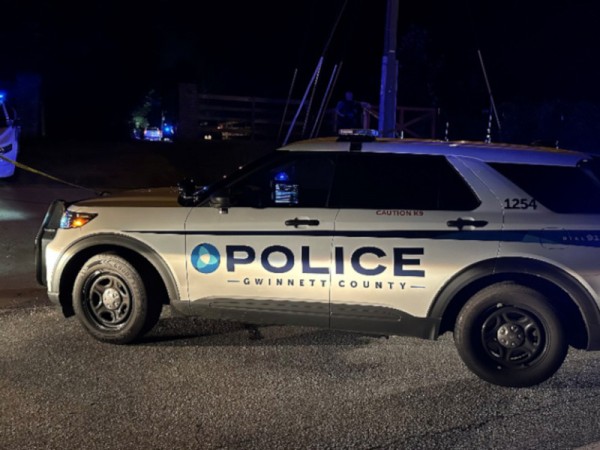After the deadline passed for Governor Brian Kemp to sign legislation, one controversial Mulberry-related bill became law.
Gwinnett County has publicly opposed Senate Bill 138, which provides the transition of services to newly incorporated municipalities — like Mulberry — in “certain counties.”
Gwinnett County Chairwoman Nicole Love Hendrickson said that now with SB 138 as opposed to an intergovernmental agreement, the county is now required to provide services that ultimately would have been paid for by the city.
“State law dictates that there be a service delivery strategy agreement in place that ultimately determines what services a county would provide and what services a city would provide,” Hendrickson said.
In the bill’s language it defines “county” as any county with more than 15 municipalities.
Including Mulberry, that puts Gwinnett at 17 municipalities — the only county in Georgia with more than 15 municipalities.
“We’re very excited and we’re very thankful that the governor and the state representatives were willing to step in … to help us out in Mulberry,” City of Mulberry Mayor Michael Coker said.
Coker said the only reason the legislation was necessary is because Gwinnett did not “listen and obey” state law.
The bill looks to make Gwinnett provide services to Mulberry during their “transition period.”
SB 138 mentions the county providing police services, gives road rights of way to the municipality, and makes the county responsible for stormwater infrastructure.
It also says that any “qualified municipality” shall have no obligation to repay the cost of a special election to present a question to voters on the incorporation of the municipality or elect the initial governing authority.
If Gwinnett fails to comply with the transition provisions, the municipality can seek judicial remedies for failure to comply.
It also has a provision that if the ad valorem taxes collected within the municipality are greater than the cost to provide police or law enforcement services, the county must deliver the excess funds to the municipality.
Hendrickson mentioned subsidies from the county to Mulberry via stormwater mandates, saying that they will have to permanently maintain dams and certain detention ponds at no cost to city residents; the police funding obligations, with county residents continuing to pay all costs; and eliminating the requirement for Mulberry to reimburse the county for the costs of their elections which they say is contrary to Mulberry’s city charter.
Hendrickson said that the new law removes sovereign immunity from all Gwinnett County taxpayers and sets a “dangerous precedent.”
“All the law would have to do is change the 'City of Mulberry' to 'all cities,' and this could be mandated for all,” Hendrickson said. “All counties should be outraged by this.”
Coker said that the services provided are already being paid for by residents.
“These are all services that we’re already paying for in Mulberry,” Coker said. “We didn’t ask for SB 138. If Gwinnett County had just followed the state law and showed up and done what they were supposed to during this transition period, we would not be in this position.”
Coker added that there are services that Gwinnett is refusing to provide.
“A perfectly good example is fire inspections,” Coker said. “In Mulberry, they are treating us differently than every other city by refusing to conduct those fire inspections.”
Hendrickson however said that other cities provide a refund for services they are not providing. She called it an “illegal gratuity” because residents in Mulberry now pay less than anyone else in other cities and in unincorporated Gwinnett County.
“If they want to be a city, which we never were against them becoming a city, they need to be a full-fledged city and provide their own taxing district and pay for the services they want,” Hendrickson said. “They want the protections of their own siloed city and have all of their services … but don’t want to pay for it. So if you can find me another charter that that has happened, then please let me know.”
Gwinnett County said they will pursue legal action to challenge the “unconstitutional elements” of SB 138.
“Other taxpayers should not be burdened. They cannot vote in that city, they can’t make decisions in that city, and they should not have to pay for subsidizing the city,” Hendrickson said. “This is more about power and control and all we want is transparency and accountability.”
The creation of the City of Mulberry has been mired in controversy, with challenges to the initial vote in May of 2024 to create the city and subsequent legal challenges from Gwinnett County and residents within the borders of Mulberry.
Coker said that the lawsuit that was dismissed in Fulton County is being appealed by the county.
Mulberry had their initial elections last November and a runoff in December, with the city becoming official on Jan. 1 of this year.
“We want to work with Gwinnett,” Coker said. “My door is always open … let’s put all these lawsuits and differences behind us and let’s move forward.”
Hendrickson said they sent an intergovernmental agreement to Mulberry to start the conversation, but got nothing in return besides SB 138.

















